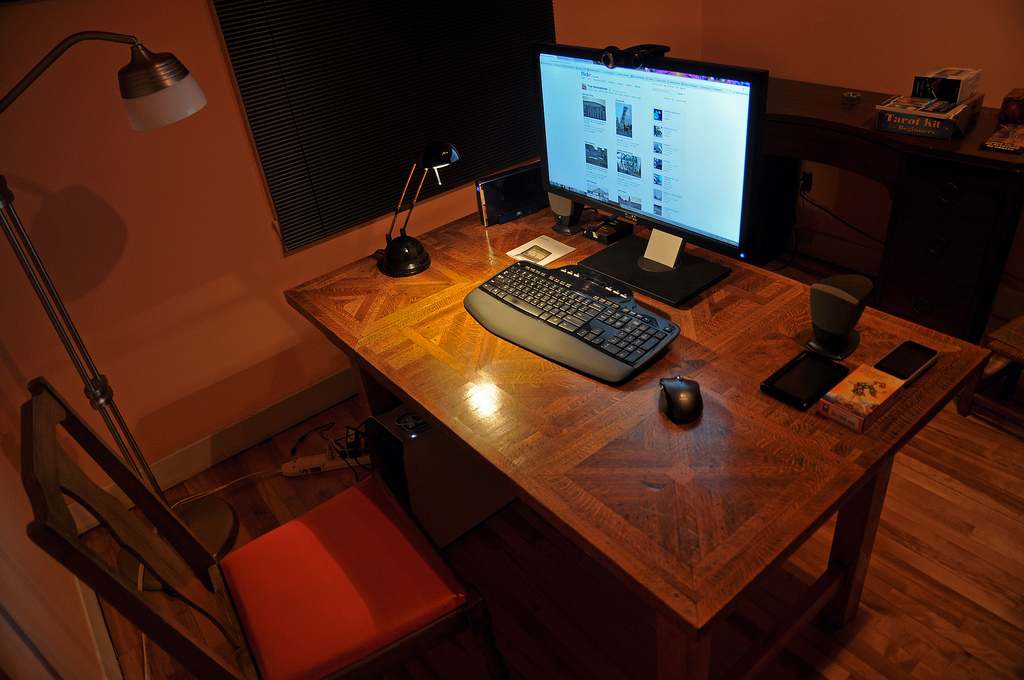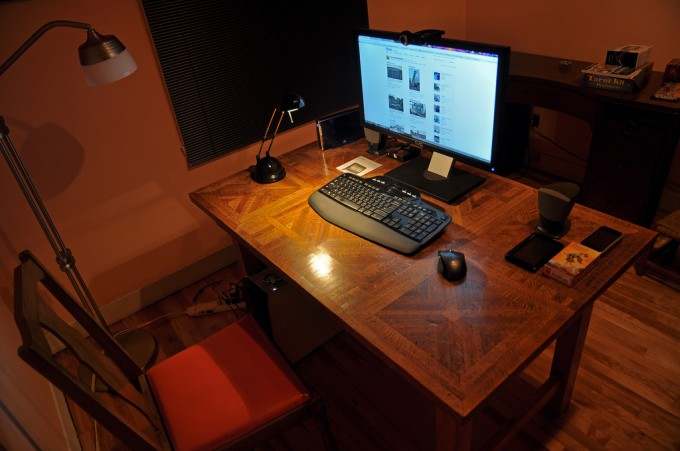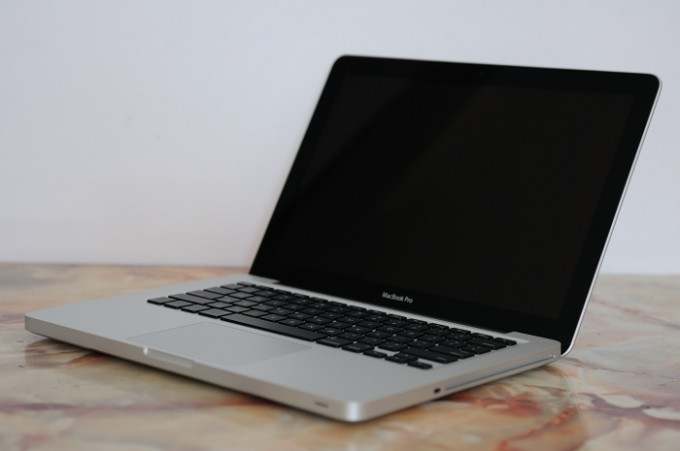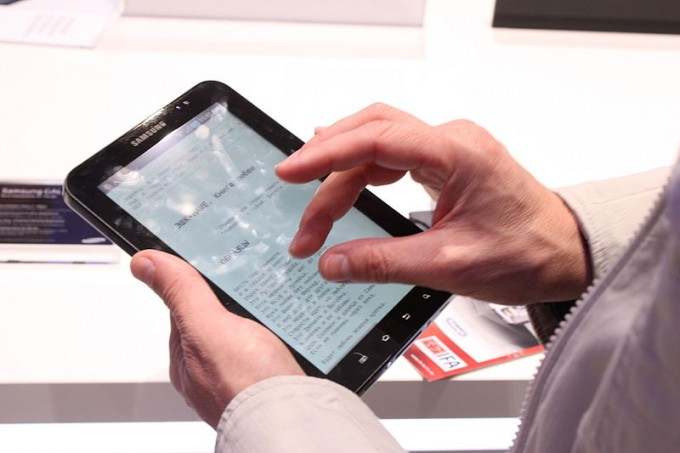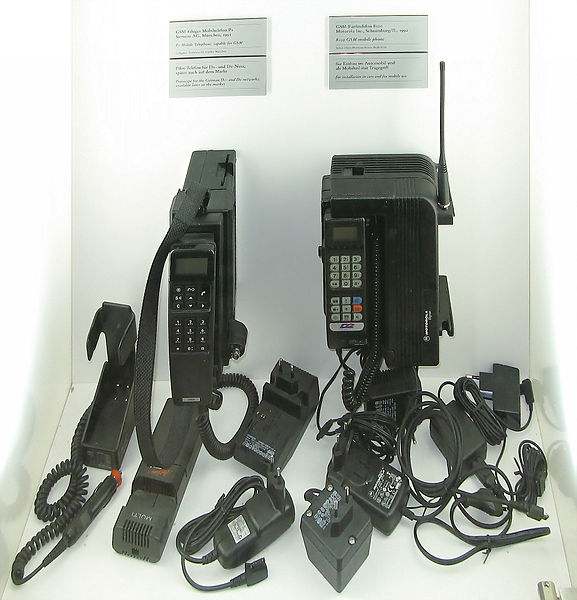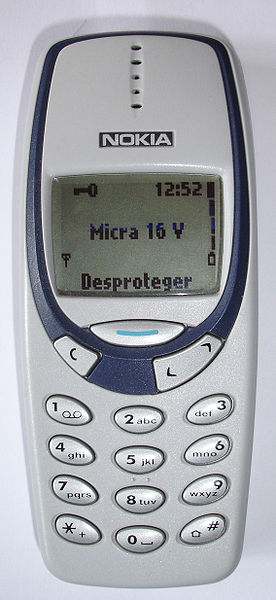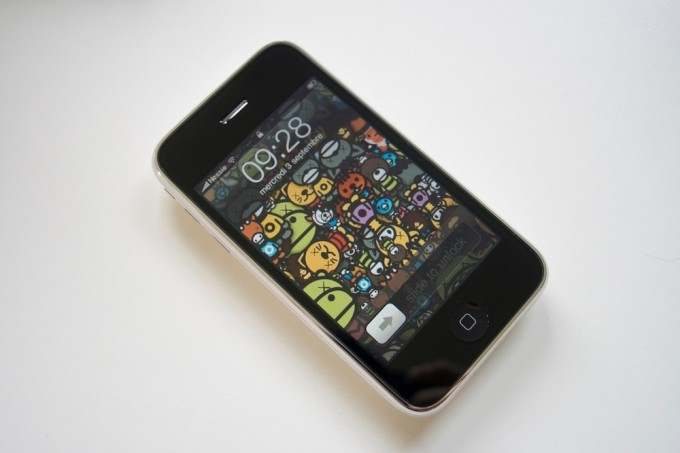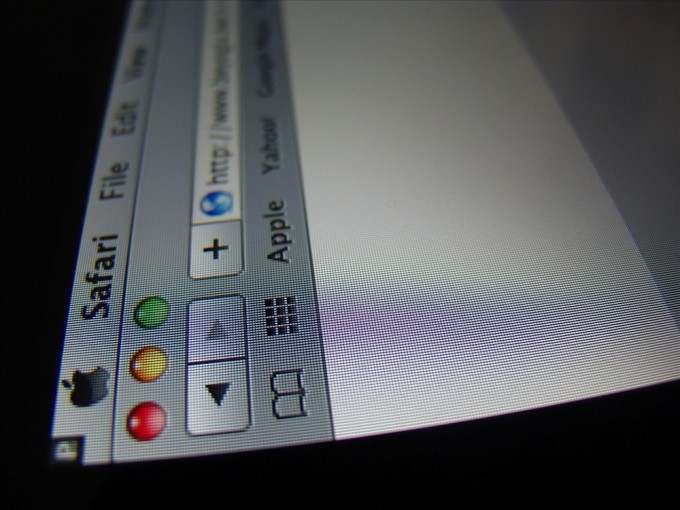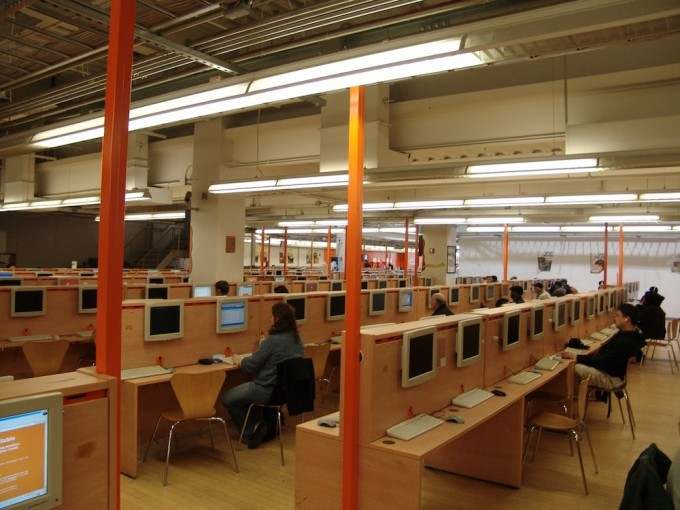It’s hard to believe that most of the technology we take for granted today was very much in its infancy – or totally unheard of – little over 50 years ago. During the 1960s in particular, things were beginning to change. New boundaries were being set and subsequently broken as the technological bandwagon picked up speed.
In 1966, for example, the world was introduced to the first practical bar code scanner, technology that can now be seen in most shops around the world. Kevlar – the lightweight, but incredibly strong material that provides potentially lifesaving protection for police officers – was also developed around the same time. Three years later, the ATM was invented, giving bank customers the opportunity to get cash out wherever they were in the world.
Moving forward a few years and the 1970s was the era that brought video games to the attention of the general public, with such classics as Pong and Galaxy Game gripping millions. This technology led to the introduction of what could be considered the mother of all arcade games – the two dimensional, yet totally transfixing, Space Invaders.
There was things like the microwave oven, too, which today nobody gives a second glance to as almost every home has one. There was the humble compact cassette tape, too – until it came along, people used 8 track, a cartridge that measured 5.25 x 4.0 x 0.9 inches and had a storage capacity of only 80 minutes.
Things like the laser and black box recorders are both inventions from the 1970s, but again, no one thinks twice about them today. Also in this decade, Canada developed a satellite system called Hermes which was by far the most effective known at the time and now through perpetual advances, space seems full of them.
The list could go on and on. There is so much technology that has changed the way we live to such an extent that there are some things that the thought of living without doesn’t bear thinking about.
Looking at some of the key pieces of technology to have been developed over the last few decades that we have now come to rely upon so heavily, the following are a selection that most would find almost possible to live without – but is there a piece of technology you personally rely on every day of your life?
The Personal Computer (PC)
Image: caribb (Flickr)
Image: viewology.net
Image: Bin im Garten (Wikipedia)
Available today in various guises, from your traditional desktop through to the likes of laptops, netbooks and tablets, they all spawn from numerous contributions carried out by many brilliant people in the first half of the 20th century.
Most probably never imaging that their ideas would lead to something that is so intrinsically important to the wellbeing, protection and smooth running of the world today, it is estimated that of the seven billion people living on earth, around 65% of them have access to a computer. There might be more interesting or in-demand technology than the PC, but how much is as widely used?
Involved in everything from maintaining security and integrity to launching space projects, as well as ordering shopping, talking to your friends and doing your school or college work, many people overlook the importance of the PC in today’s world. However, the simple fact is the vast majority of things you do are impacted upon in some way by a computer, whether you know it or not.
Cell Phone
Image: Clemens Pfeiffer (Wikipedia)
Image: LucaLuca (Wikipedia)
Image: Marine Connan (fotopedia)
One of the technological advances that took the world by storm almost immediately upon their mainstream release, cell phones have proved themselves to be astronomically popular. In a few short years they have gone from being the size of a brick with the capacity to talk to someone locally to the technology-stuffed smartphones that we know and love today.
Far from being just a phone, these new breed of telecommunication devices are more like a mobile office, such is the amount of things that you can do with them.
Texting. Video-calling. Checking your online banking. Logging into Facebook. Sending an e-mail. And of course, making a standard voice call.
There are more people in the world today who can remember life without cell phones than there are those who can’t believe they once weren’t such an integrated part of everyday life, but even if you don’t use your cell phone that much, could you honestly say they’re an invention that hasn’t made life easier?
The Internet
Image: ali kemal ergelen (fotopedia)
Image: Silvio Tanaka (fotopedia)
Image: EDgAr H. (fotopedia)
The invention that would, to all intents and purposes, be the gold medal winner purely and simply because of what it is, technically, the internet is a worldwide collection of computer networks that cooperate with each other in order to share and exchange data and information using a common software standard.
Or in less technical terms, it’s a resource that gives you access to almost everything you could ever want. It is like having your very own oracle, a font of all knowledge at your fingertips. It’s capability is limited only by the creativity and vision of the user.
Since becoming a staple of mainstream life in the 1990s, the internet has completely revolutionised the way we live. That might seem like a particularly grand statement, but it’s true.
Think of anything you do and it’s highly likely that you can either do it online or the internet can help you to do it in one way or another.
Grocery shopping? Report research? Giving to charity? Communicating with your family? Saving money on household bills? Playing computer games? These are all things that can be done without the world wide web, but they’re all things that Tim Berners-Lee’s internet not only allows you to do in a way that is different, but in a way that is very often quicker, better and more effective.







